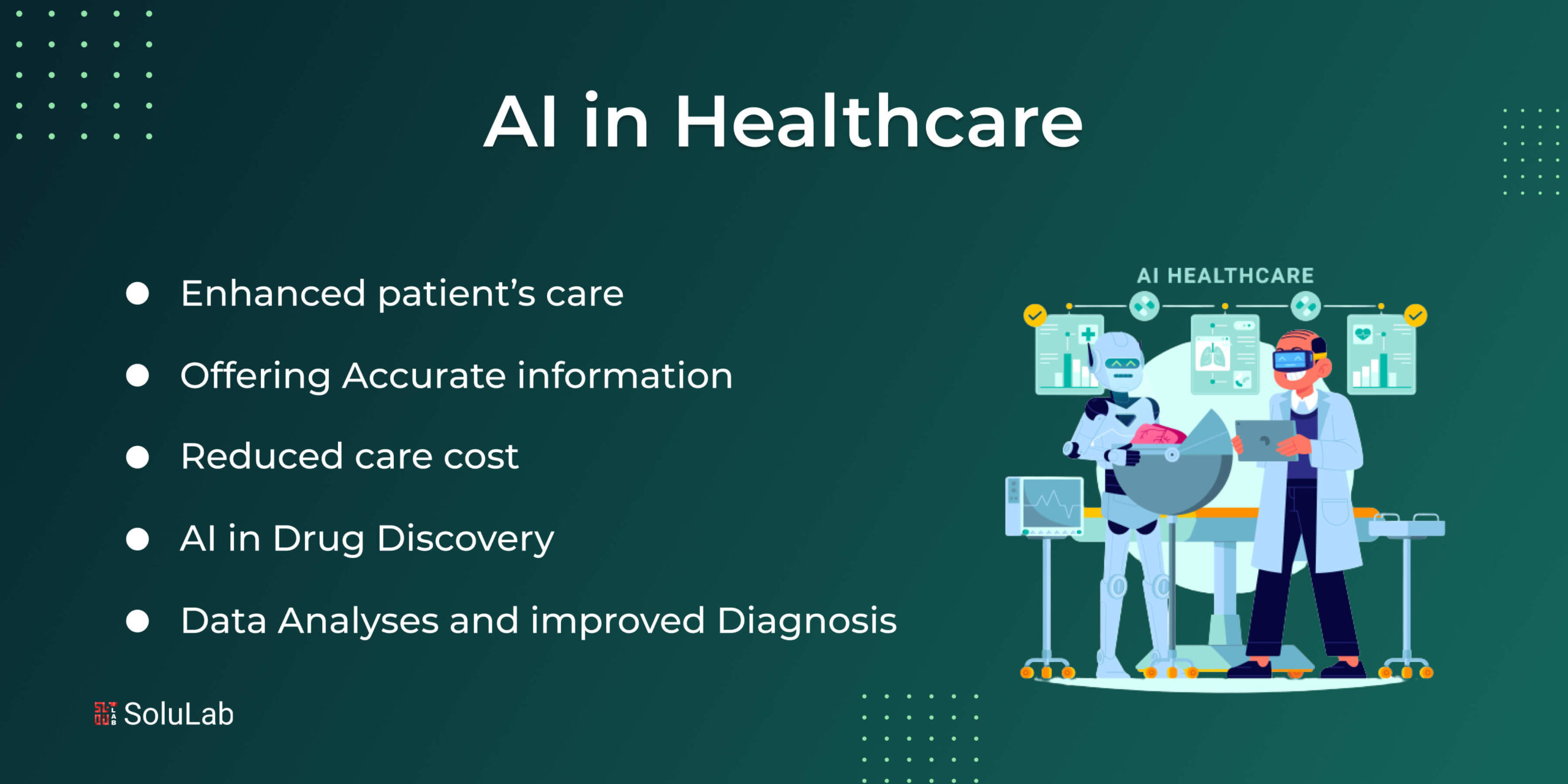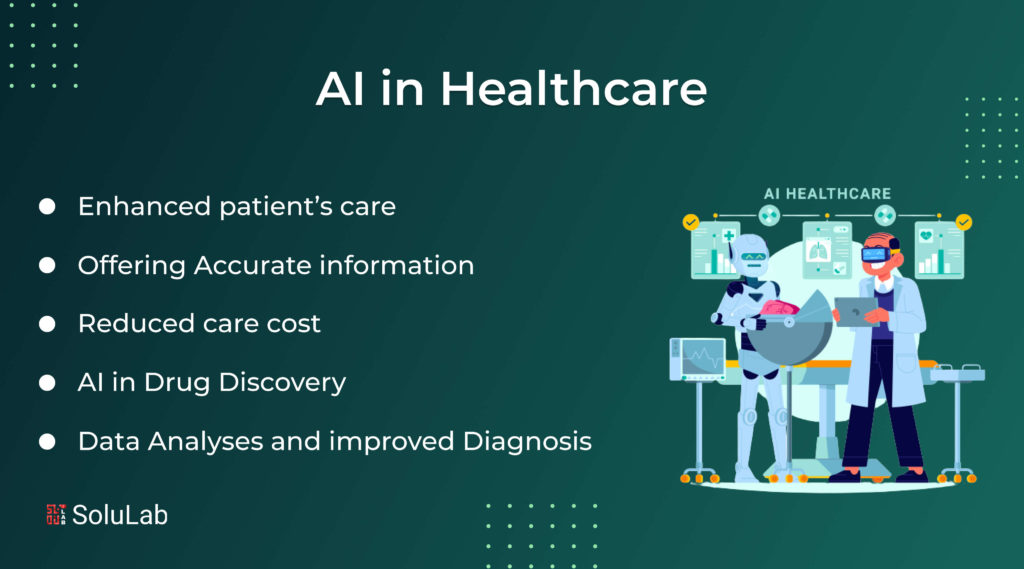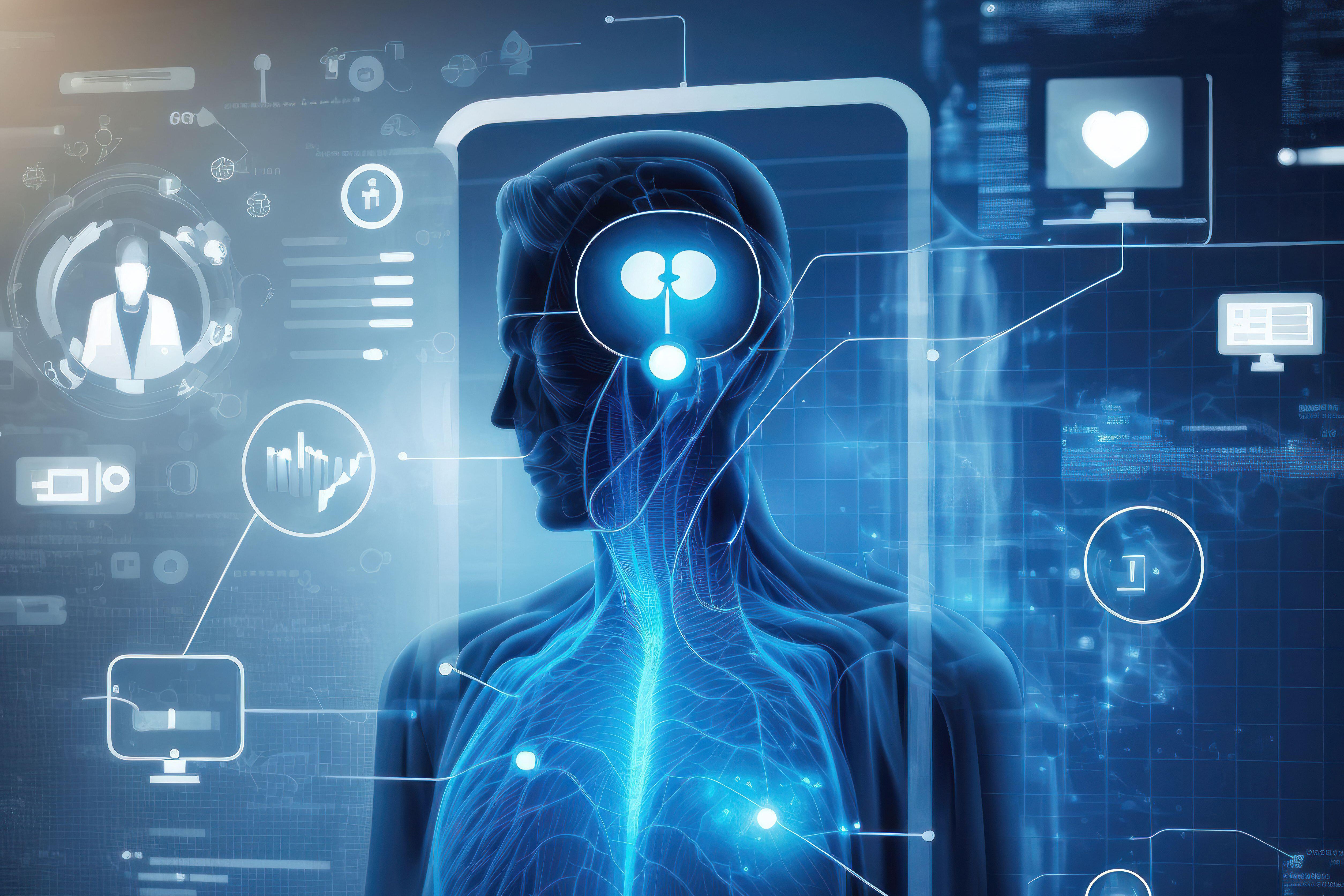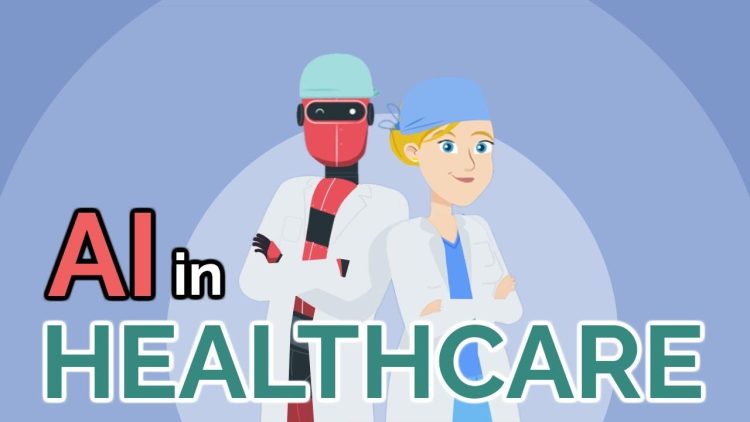Welcome to the brave new world of healthcare, where robots are the new doctors, and algorithms are the new bedside manner. That’s right, folks, artificial intelligence has officially invaded the medical field, and it’s not taking any prisoners. From diagnosing diseases to predicting patient outcomes, AI is revolutionizing the way we approach healthcare. So buckle up, because we’re about to take you on a wild ride through the impact of artificial intelligence in the world of medicine.
Artificial Intelligence Applications in Diagnostics
Have you ever wondered how doctors diagnose complex diseases with such accuracy? Well, the answer lies in the magic of Artificial Intelligence! With the power of AI, doctors can now analyze medical images and data more efficiently than ever before. Using sophisticated algorithms and machine learning, AI can quickly spot patterns and anomalies that might go unnoticed by human eyes.
Imagine a world where your doctor is a robot… well, not quite, but AI is making huge strides in the field of diagnostics. From predicting the likelihood of certain diseases to identifying the best treatment options, AI is revolutionizing the way we approach healthcare. With AI, doctors can make faster and more accurate diagnoses, leading to better outcomes for patients.
One of the most exciting applications of AI in diagnostics is in the field of radiology. By analyzing images from X-rays, MRIs, and CT scans, AI can help doctors detect abnormalities and make more precise diagnoses. This not only speeds up the diagnostic process but also reduces the risk of human error. And let’s face it, nobody wants to be diagnosed with a case of ”oops, my bad.”
So next time you’re at the doctor’s office, remember that there might be a little AI wizardry at work behind the scenes. From spotting hidden patterns in your test results to predicting your future health outcomes, AI is truly transforming the way we approach diagnostics. Who knew that robots could be such lifesavers?!

Enhancing Patient Care with AI-powered Tools
Have you ever wished you had a magical tool that could help you provide better care to your patients? Well, wish no more because AI-powered tools are here to save the day! These futuristic gadgets are like having a team of super-smart robots by your side, helping you diagnose, treat, and care for your patients in ways you never thought possible.
With AI-powered tools, you can say goodbye to tedious paperwork and hello to streamlined processes that allow you to focus on what really matters: your patients. These tools can help you analyze complex data, predict potential health issues, and even personalize treatment plans for each individual patient. It’s like having a secret weapon in your medical arsenal!
But don’t worry, AI-powered tools are here to support you, not replace you. They can help you make more informed decisions, save time, and ultimately enhance the level of care you provide to your patients. So why not embrace this new technology and experience the magic for yourself?
So, the next time you’re feeling overwhelmed or burnt out, just remember that AI-powered tools are here to lend a helping hand (or robotic arm). With their assistance, you can take your patient care to the next level and revolutionize the way you practice medicine. Who knew that the future of healthcare could be so bright (and powered by AI)?

Streamlining Healthcare Operations through Machine Learning
Are you tired of drowning in paperwork and inefficiencies in your healthcare operations? Well, fear not, because machine learning is here to save the day! With the power of intelligent algorithms, we can streamline your processes and make your life easier.
Imagine a world where scheduling appointments is a breeze, thanks to predictive analytics that optimize your calendar. No more double bookings or wasted time waiting for patients to show up!
With machine learning, we can also revolutionize diagnosis and treatment plans. By analyzing vast amounts of data, we can identify patterns and trends that may have been previously overlooked. This means faster and more accurate diagnoses, ultimately leading to better patient outcomes.
So, say goodbye to the old way of doing things and embrace the future of healthcare operations with machine learning. Your staff will thank you, your patients will thank you, and most importantly, you’ll have more time to focus on what truly matters – providing excellent care.

Ethical Considerations in AI-driven Healthcare Solutions
When it comes to AI-driven healthcare solutions, there are a few important ethical considerations that we need to keep in mind. As much as we love our robot overlords, we must remember to treat them with respect and dignity.
First and foremost, we must ensure that these AI-driven healthcare solutions are designed with the best interests of patients in mind. It’s not enough for them to just be efficient; they also need to be ethical. After all, we don’t want our robot doctors turning into evil geniuses bent on world domination.
Another important ethical consideration is the issue of privacy. Patients need to feel confident that their personal information is being handled responsibly by these AI systems. We don’t want our robot doctors posting our medical records on Facebook for all the world to see.
Lastly, we must remember that AI-driven healthcare solutions are not infallible. They may be smarter than us, but they are not perfect. We must approach them with a healthy dose of skepticism and always keep a close eye on their decision-making processes. After all, we don’t want our robot doctors misdiagnosing us because they watched too much Grey’s Anatomy.

Improving Treatment Outcomes with Predictive Analytics
Imagine a world where your treatment outcomes are as predictable as your morning coffee order. With the power of predictive analytics, we can revolutionize the way we approach healthcare and ensure that every patient receives the best possible care.
By harnessing the data at our fingertips, we can uncover hidden patterns and trends that can help us tailor treatment plans to each individual’s unique needs. No more one-size-fits-all approaches – predictive analytics allows us to personalize care down to the smallest detail.
From identifying at-risk patients before they even show symptoms to optimizing medication dosages for maximum effectiveness, the possibilities are endless. With the help of predictive analytics, healthcare providers can make more informed decisions and achieve better outcomes for their patients.
So, say goodbye to trial and error and hello to a future where every treatment plan is as precise as a well-executed dance routine. With predictive analytics leading the way, the sky’s the limit for improving treatment outcomes and revolutionizing the healthcare industry.
The Future of Healthcare: AI Advancements and Opportunities
As we look ahead to the future of healthcare, one cannot help but be amazed by the incredible advancements that AI technology has brought us. From robot surgeons to virtual nurses, the possibilities seem endless!
Imagine a world where your doctor is an AI-powered chatbot, diagnosing your symptoms with lightning speed and precision. No more awkward small talk in the waiting room or deciphering illegible handwriting on prescriptions!
With AI, the opportunities for improving patient care are truly limitless. Personalized treatment plans, predictive analytics for disease prevention, and even robot caregivers for the elderly – the future is looking bright (and robotic)!
So let’s embrace the power of AI in healthcare and watch as it revolutionizes the way we think about medicine. Who knows, maybe one day we’ll all have our own personal robot doctors, prescribing holographic treatments and performing surgeries with the precision of a laser!
FAQs
Why is artificial intelligence becoming increasingly important in the healthcare industry?
Well, let’s face it – doctors are great and all, but they’re no match for the superhuman powers of AI. With its ability to crunch through mountains of data in a heartbeat, AI can spot patterns and predict outcomes faster than you can say “hypochondriac”. Plus, AI never gets tired or cranky – the perfect colleague!
How can AI improve patient care in healthcare?
Think of AI as your personal health guru – it can analyze your genetic makeup, medical history, and even your Fitbit data to tailor treatments just for you. It’s like having a team of doctors working round the clock to keep you healthy and happy. And let’s not forget – AI never forgets to give you your meds!
What are some challenges of implementing AI in healthcare?
Hey, even superheroes have their kryptonite. AI may be powerful, but it’s not invincible – there are concerns about privacy, security, and potential biases in the data it uses. Plus, let’s be honest, some doctors might feel a tad threatened by a machine that can diagnose better than they can. In the battle of man vs. machine, who will win?
How can AI revolutionize the future of healthcare?
Picture this: a world where diseases are diagnosed before you even feel a symptom, where treatments are tailored to your genetic makeup, and where medical research progresses at warp speed. Thanks to AI, this future is closer than you think. So sit back, relax, and let the robots take care of you – it’s the healthcare of tomorrow!
—
And the Future is Bright!
As we wrap up our exploration into the impact of artificial intelligence in healthcare, one thing is certain - the future is looking pretty AI-mazing! With AI-powered tools improving diagnostics, treatment plans, and patient outcomes, it’s safe to say that robots might just be the real-life superheroes we’ve been waiting for. So, sit back, relax, and trust in the power of AI to revolutionize the field of healthcare. Who knows, maybe one day your doctor will be a robot too!






